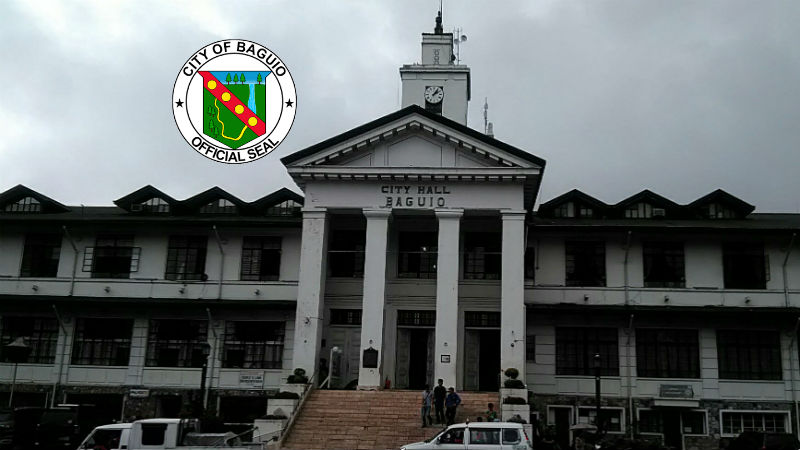BAGUIO CITY – Mayor Mauricio G. Domogan created a committee that will study the options to be undertaken by the local government in relation to the operation of the Rillera building or fish section within the city public market after the Supreme Court (SC) ruled in favour of the city after over 11 years of litigation.
The local chief executive tasked City Legal Officer Melchor Carlos P. Rabanes, City Treasurer Ales Cabarrubias, City Building Official Nazita F. Bañez and City Engineer Elpidio Garabiles to ascertain the appropriate measures that will be taken by the local government to effect the eventual takeover of the Rillera building from the Hilltop Market Fish Vendors Association (HMFVA) who had been occupying the property for over 40 years now despite the 25-year limit of its first lease contract signed in 1974.
He also directed the City Treasurer to look into whether or not the association had been paying the prescribed rentals of P25,000 for the first 15 years to make sure that the local government will be able to collect the rentals that are due from the organization before the impending takeover of the building.
“We are grateful that the SC rendered a favourable decision on the status of the Rillera building so that the local government will be able to take over the facility and work on its rehabilitation and development in the future” Domogan stressed.
It will be recalled that on June 22, 1974, the Hilltop Market Fish Vendors Association, Inc. represented by its former president Gerardo Rillera and the local government represented by former Mayor Luis Lardizabal entered into a lease contract over a lot owned by the city with an area of 568.80 square meters located at the Hilltop market which will be used for vending activities.
The contract provided that the lease period is 25 years, renewable for the same period at the option of both parties and the annual lease rental is P25,000 with the first payment commencing upon the issuance of the City Engineer’s Office of the required certificate of full occupancy of the building to be constructed by the association on the city lot. Before the certificate is issued, the local government can continue collecting market fees from the vendors who are allowed to occupy any portion of the building and at the termination of the lease, the local government will own the building without payment or reimbursement for the association’s cost.
In 1975, HMFVA constructed the building, thereafter known as the Rillera building, on the lot. Even though the City Engineer’s Office did not issue a certificate, the group’s members occupied the Rillera building and conducted business in it.
On September 16, 1980, the City Council issued Resolution NO. 74-80 rescinding the contract of lease with HMFVA for its continued failure to comply with its obligation to complete the Rillera building. Under Resolutions No. 18-81 and 50-86, the City Council reiterated its resolution to rescind the contract and sought to undertake the development of the building.
On February 20, 1990, former Mayor Jaime Bugnosen order the closure of the 2 upper floors of the Rillera building based on the City Council’s Resolution No. 24, series of 1990 declaring that the Rillera building failed to comply with the minimum sanitary standards under Presidential Decree 856.
In a letter to the building official, former City Administrator Leonardo dela Cruz stated the Rillera and his officers would like to discuss the possibility of completing the necessary requirements for the permit to occupy the said building and subsequently, the City Engineer’s Office issued its finding that the 2 upper floors of the Rillera building were unsafe for occupancy and thereafter, it recommended to condemn the building.
In 2003, former Mayor Bernardo M. Vergara issued a notice to take over Rillera building and on February 28, 2005, former Mayor Braulio Yaranon issued Administrative Order No. 030, series of 2005 ordering the City Buildings and Architecture Office (CBAO) and the Public Order and Safety Division to immediately close the Rillera building to have it cleaned, sanitized and enclosed to prevent illegal activities in it and for its completion in preparation for its commercial use. By Dexter A. See












